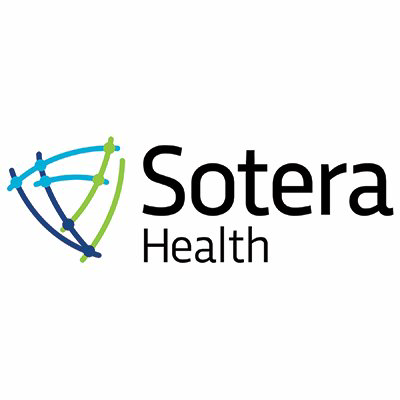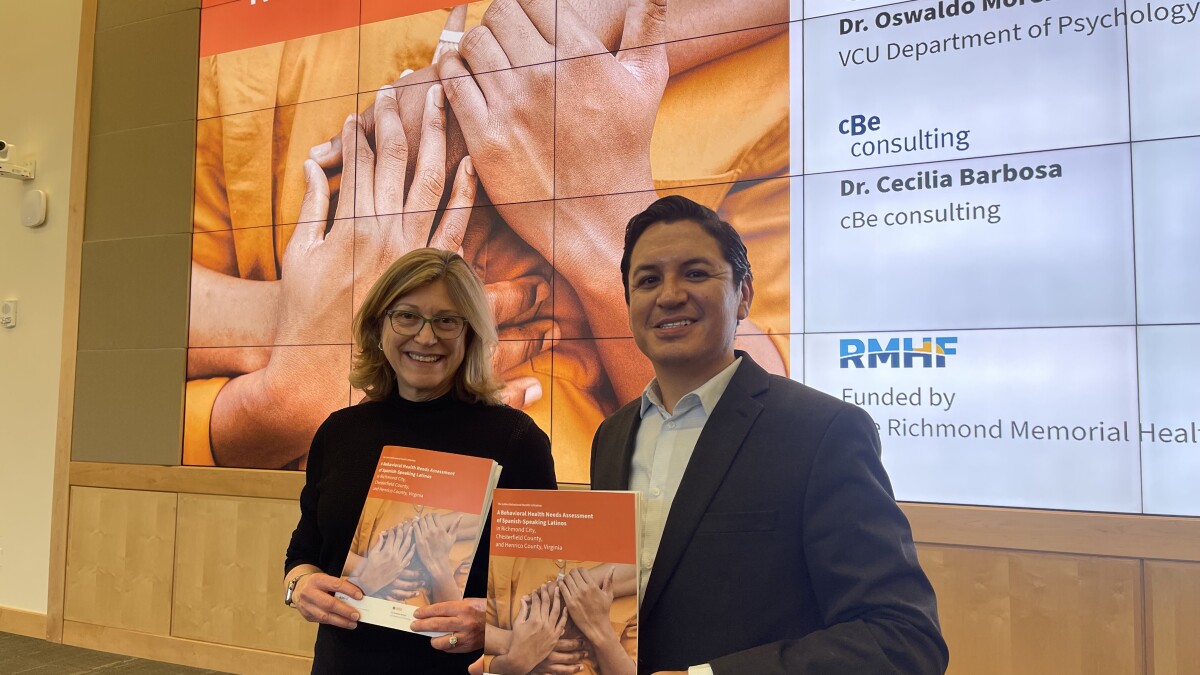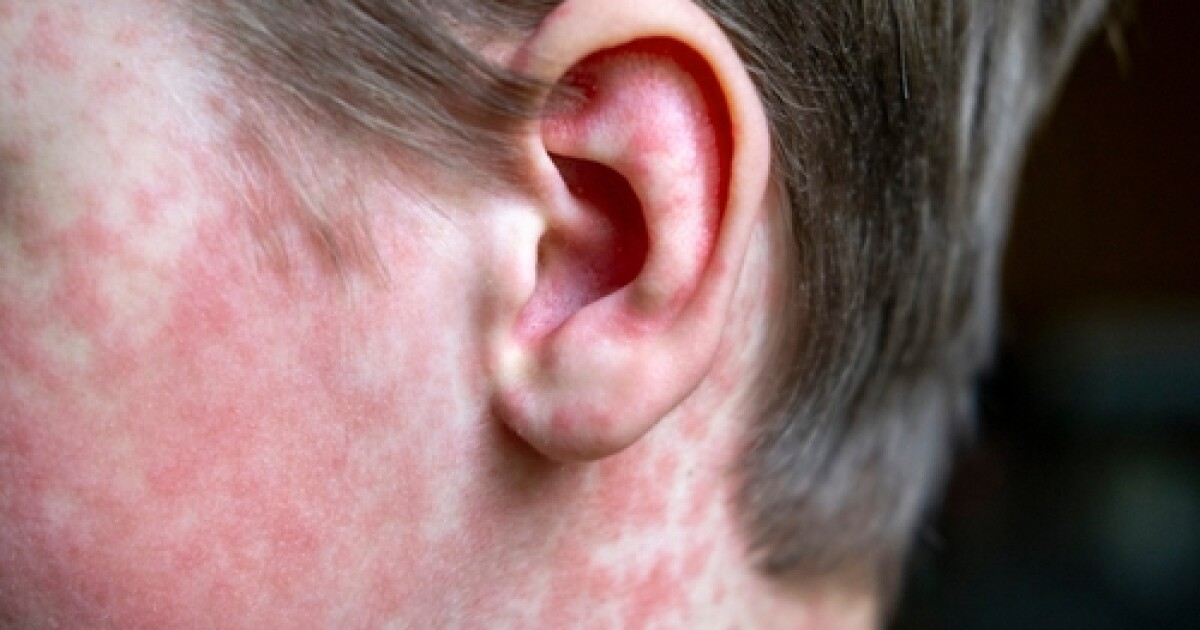Breaking the Silence: Black Maternal Health Warriors Unite to Heal Generations of Struggle
Health
2025-04-17 13:39:58Content

Championing Maternal Health: A Powerful Week of Awareness and Action
The Black Mamas Matter Alliance (BMMA) has pioneered a critical annual observance, Black Maternal Health Week, which takes place from April 11 to 17 during National Minority Health Month. This groundbreaking initiative serves as a powerful platform to amplify the voices, experiences, and challenges faced by Black mothers in the United States.
By creating this dedicated week of awareness, BMMA aims to shine a spotlight on the systemic inequities and disparities that disproportionately impact Black maternal health. The organization works tirelessly to raise consciousness, advocate for policy changes, and promote comprehensive, culturally responsive healthcare for Black women and birthing individuals.
Black Maternal Health Week is more than just a commemoration—it's a call to action. It challenges healthcare providers, policymakers, and communities to recognize and address the urgent need for equitable maternal care, ultimately striving to reduce maternal mortality rates and improve overall health outcomes for Black mothers.
Empowering Black Maternal Health: A Transformative Journey of Resilience and Hope
In the intricate landscape of maternal healthcare, Black women continue to face unprecedented challenges that demand immediate attention, systemic transformation, and unwavering advocacy. The ongoing struggle for equitable healthcare represents more than a statistical concern—it is a profound human rights issue that touches the very core of community well-being and generational health.Championing Maternal Justice: Breaking Barriers, Saving Lives
The Historical Context of Black Maternal Health Disparities
The roots of maternal health inequities run deep within the complex tapestry of American healthcare. Systemic racism has long perpetuated devastating health outcomes for Black mothers, creating a generational cycle of medical marginalization. Historical medical practices rooted in discriminatory beliefs have consistently undermined the fundamental right to safe, compassionate healthcare for Black women. Research consistently reveals alarming statistics that paint a stark picture of maternal mortality rates. Black women are three to four times more likely to experience pregnancy-related complications and death compared to their white counterparts. These disparities are not merely numbers but represent real lives, shattered families, and communities profoundly impacted by preventable healthcare failures.Intersectionality and Comprehensive Healthcare Approaches
Understanding Black maternal health requires a nuanced, holistic perspective that acknowledges the intersecting factors of race, socioeconomic status, access to healthcare, and systemic barriers. Cultural competence in medical training, community-centered healthcare models, and targeted interventions are crucial in addressing these multifaceted challenges. Innovative programs are emerging that prioritize culturally sensitive care, providing Black women with supportive environments that honor their experiences, validate their concerns, and offer comprehensive medical support. These approaches recognize that quality healthcare extends beyond clinical treatments, encompassing emotional, psychological, and social dimensions of well-being.Advocacy and Institutional Transformation
Organizations like the Black Mamas Matter Alliance have been instrumental in driving meaningful change, creating platforms that amplify Black women's voices and experiences. Their work transcends traditional advocacy, challenging institutional racism and demanding comprehensive healthcare reforms. Policy interventions represent another critical avenue for transformation. Legislators and healthcare administrators must implement targeted strategies that address systemic inequities, including increased funding for community-based health initiatives, enhanced medical training, and robust support systems for Black mothers.Community Empowerment and Holistic Support
Grassroots movements and community-driven initiatives play a pivotal role in supporting Black maternal health. Doula programs, community health workshops, and peer support networks provide critical resources, education, and emotional support that traditional medical systems often fail to deliver. These community-centered approaches recognize the power of collective healing, creating spaces where Black women can share experiences, access culturally competent care, and build resilient support networks that extend beyond medical interventions.Technology and Innovation in Maternal Healthcare
Emerging technological solutions offer promising avenues for addressing maternal health disparities. Telemedicine, AI-driven diagnostic tools, and personalized health tracking applications can provide more accessible, targeted healthcare solutions for Black women. By leveraging technology with a commitment to cultural sensitivity and patient-centered care, healthcare providers can develop innovative approaches that bridge existing gaps and provide more comprehensive, responsive medical support.Future Directions and Continued Advocacy
The journey toward equitable maternal healthcare is ongoing, requiring sustained commitment from medical professionals, policymakers, community leaders, and individuals. Each step toward understanding, addressing, and dismantling systemic barriers represents a crucial advancement in ensuring every mother receives the dignified, high-quality care she deserves. As we continue to shine a light on these critical issues, we move closer to a future where maternal health is not determined by race, but by comprehensive, compassionate, and equitable healthcare practices.RELATED NEWS
Health

Fitness Revolution: Inside the Game-Changing Health Expo That's Transforming Wellness in 2025
2025-04-14 06:50:45
Health

Red Dress Legacy: Two Decades of Empowering Women's Health in San Antonio
2025-03-19 14:20:02






